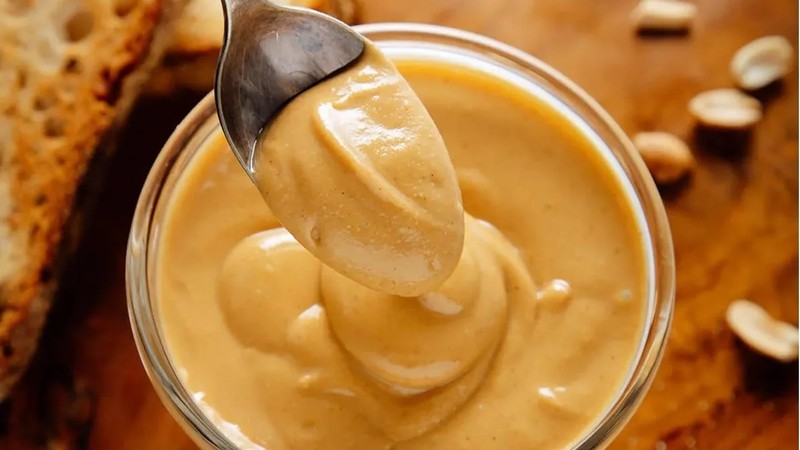In South Africa, peanut butter ranks high on the grocery list of many families, particularly low‑ and middle‑income households.
For many households in South Africa, peanut butter is more than a sandwich spread, it’s a kitchen essential, a trusted protein source, and a comfort food staple.
Now, local producer Yum Yum (under RCL Foods) is urging the International Trade Administration Commission (ITAC) to endorse a hefty 25 % import duty on all peanut butter imports.
What does this bid mean for affordability, local jobs, and our pantry staples at a time when every rand counts?
The price gap: Imported vs local
Priced at around R48 per 400 g jar for Yum Yum, compared with R49 for Black Cat or R40 for Checkers’ Simple Truth, it remains accessible to millions.
However imported peanut butter cost far more than their local equivalents.
For example, Calvé (imported from the Netherlands) sells for around R840, Teddie (USA) for R786, and chocolate‑flavoured Better ’n Peanut Butter exceeds R1 051.
The proposed protection: 25 % duty
RCL Foods, owner of Yum Yum along with Ouma Rusks, Nola Mayonnaise and 5Star Maize, formally applied to ITAC to raise the so‑called “general” customs duty on peanut butter from a negligible 0.99 c/kg to a steep 25 %.
RCL argues that importers are undermining local production by dumping low‑cost foreign peanut butter into the South African market.
Between 2023 and 2024, imports surged by 24 %. The company said that in response, it has sacrificed sales volume to protect margins, forcing a decline in local market share and that without relief, local manufacturers fear exit from the market, leaving consumers exposed to even higher prices from foreign brands.
Weighing the impact for South African consumers
Imposing a 25 % duty could raise costs of imported peanut butter further, likely beyond what aspirational consumers are willing to pay, effectively sidelining them.
Those who depend on affordable local jars may see minimal immediate impact, yet price hikes could ripple across supply chains.
If imported brands retreat, local producers could regain volumes, but at what cost to competition and consumer choice?
ITAC’s balancing act
When alerted to RCL’s earlier application, the then trade minister instructed ITAC to weigh the price‑raising effect on consumers, industrial capacity, competition, and value‑chain dynamics before finalising a recommendation.
Now, with the latest submissions, ITAC must again assess how protection for local producers aligns with affordability for households that rely on peanut butter as a daily staple.
The outcome could reshape the peanut butter market. A 25 % duty could stifle competition and limit access to imports.
Lifestyle
